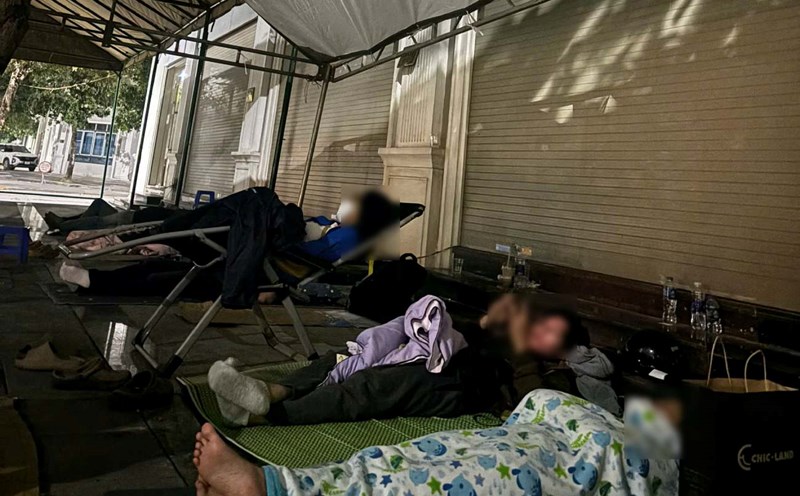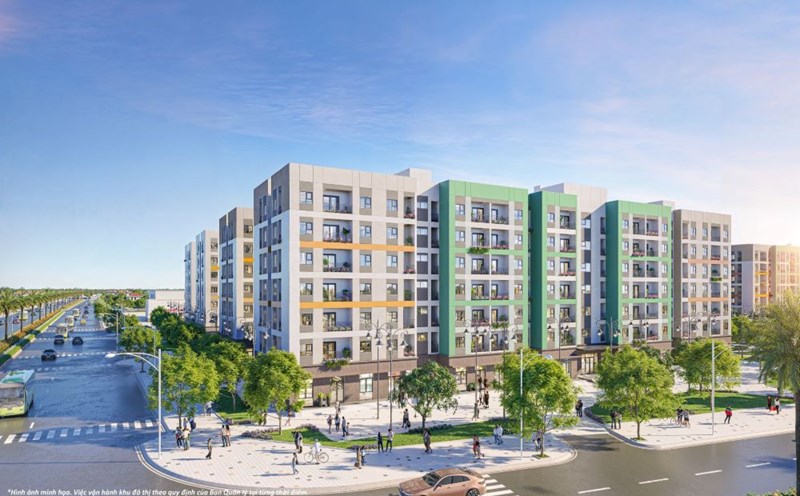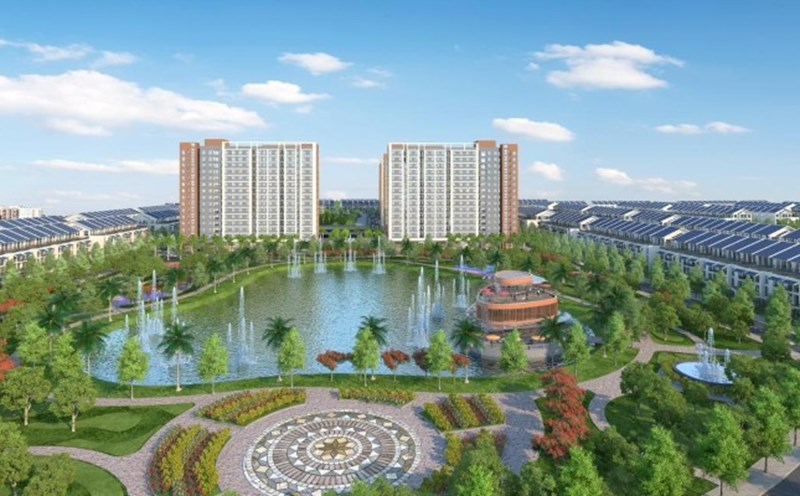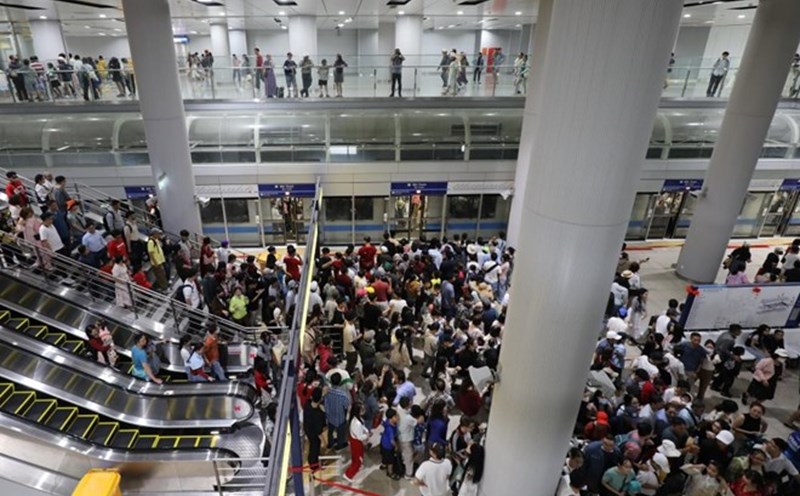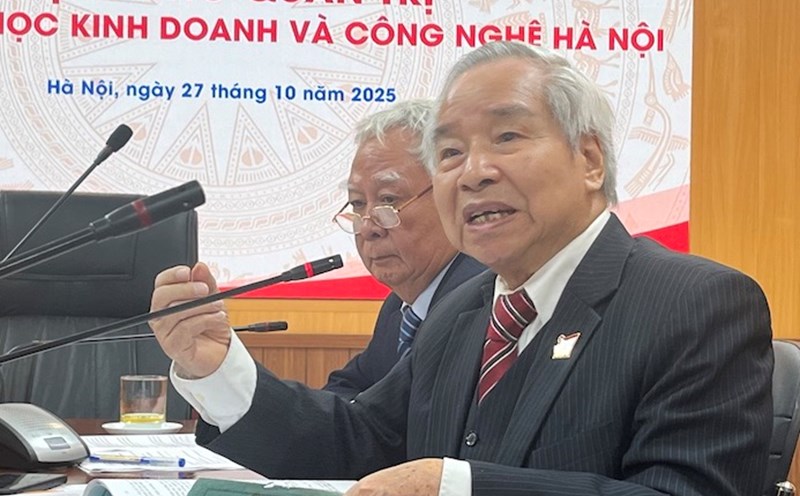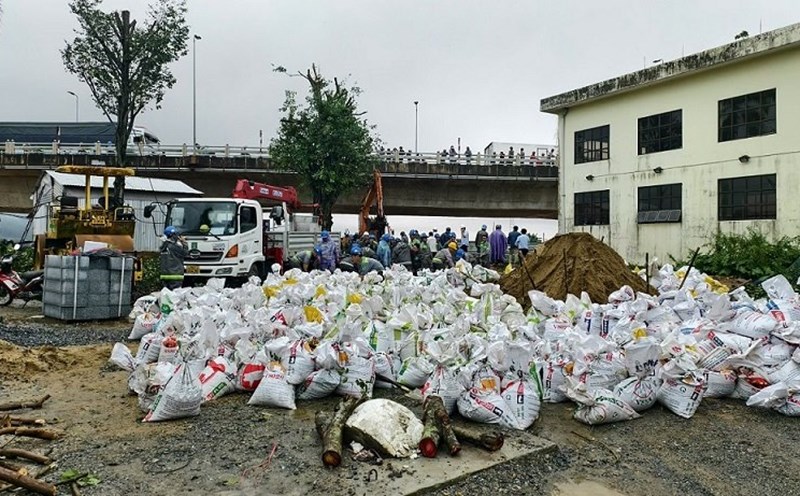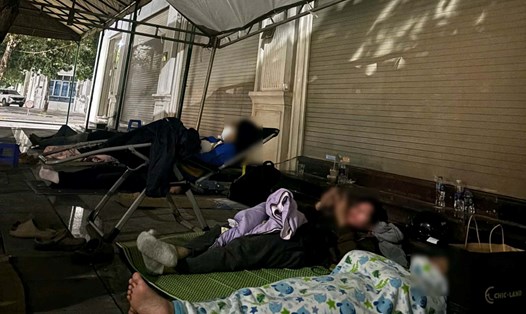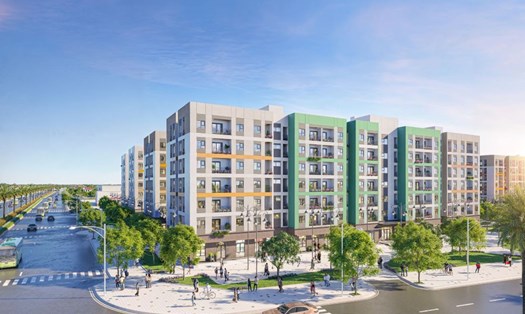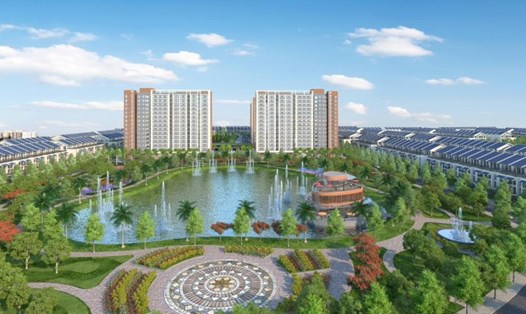Planning land funds for social housing
According to the report of the Ho Chi Minh City People's Committee, after the merger, the total demand for social housing in Ho Chi Minh City by 2030 will need to reach 974,000 units. Of which, the group for workers accounts for about 30% and other groups account for 70%. This figure is much higher than the target assigned by the Prime Minister of 200,000 units.
To build enough apartments above, the most important thing is the solution of land fund planning. 20% land fund in commercial housing projects, after synthesis and control, the city is holding 408 hectares of clean land fund, building about 116,800 apartments. The remaining items in the city's master plan adjusted in June 2025 clearly show land locations for social housing, with a total land fund of about 1,000 hectares.
After merging with Binh Duong and Ba Ria - Vung Tau, Ho Chi Minh City will continue to adjust the planning to ensure an additional target of expected increase, a total of about 2,500 hectares for social housing. The total land fund will build enough 974,000 social housing units by 2030.
Real estate businesses assess that recently, the National Assembly and the Government have issued many "open" policies, creating conditions to attract investment and helping people easily access social housing.
The new regulation allows investors of commercial housing projects to pay 20% of social housing obligations in cash, equivalent to the land use fee value of 20% of the residential land area with completed technical infrastructure.
For projects under 10 hectares, if before the effective date of Decree 261/2025, they have been approved to pay in cash but have not yet paid, they must be calculated and paid according to the new regulations, including late payment fees. In case the amount has been paid in full before, there is no need to pay more.
This amount will be transferred to local budgets and the National Housing Fund to serve the development of social housing.
Unblocking procedures to increase social housing supply
What has made investors in the past afraid is the lack of land funds for social housing development and the procedures are still prolonged.
Mr. Nguyen Van Dung - Director of Truong Phat Real Estate Investment and Construction Company - said that if the land fund is "clean" from the beginning, businesses will be able to do it more easily. There is a paradox that many businesses have land funds and want to implement social housing projects but cannot do so when they have to comply with a "forest" regulation, from project establishment, investor selection to applying for necessary licensing procedures. Meanwhile, to get these land funds, businesses have to borrow from banks and bear the cost of interest for a long time.
A representative of Le Thanh Company, one of the social housing development units in Ho Chi Minh City, expressed the view that over the past decades of developing social housing, the problem that has made businesses afraid of developing this segment is that businesses have created land funds themselves but the procedures are prolonged, and profits are thin because they are controlled at 10%.
There are currently two types of social housing, one type of which is cleared by the State and the other type of house where the enterprise buys land itself. However, if the enterprise buys land, the land fee is included in the cost only according to the land price framework issued by the State, not the market price, this loss cannot be compensated by a profit of 10%.
Therefore, this enterprise recommends that there should be mechanisms to support enterprises in creating their own land funds to ensure minimum profits, attracting enterprises to participate more in social housing development. At the same time, there should be further shortened procedures to help businesses reduce the number of years from project development to having a house to do business. This will contribute to a rapid increase in supply.
Mr. Le Hoang Chau - Chairman of the Ho Chi Minh City Real Estate Association - said that the National Assembly recently issued Resolution 201 on a number of specific mechanisms to promote the development of social housing, after which the Government issued Decree 192 to implement the National Assembly Resolution and is amending Decree 100 on social housing, so these policy corridors are expected to accelerate the implementation of the target of 1 million social housing units.
To develop social housing, it is necessary to first create a suitable land fund for construction. Localities need to adjust planning, form "clean" public land funds for investment.
Currently, many surplus headquarters after the merger and implementation of the two-level government model can be auctioned, using this revenue to expand land funds, thereby building more social housing projects.

